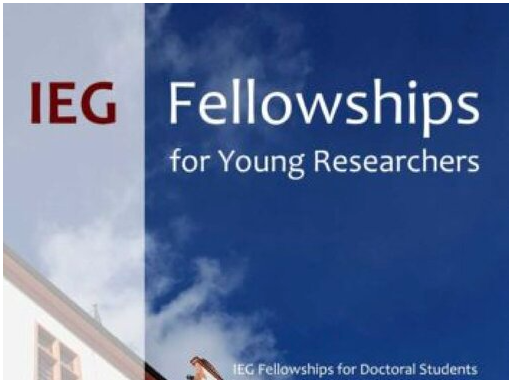The Luigi Mangione Case: A McDonald's Employee's Dilemma
A murder case has taken an unexpected turn, raising questions about justice and reward systems. This story revolves around Luigi Mangione, a suspect in the murder of Brian Thompson, the CEO of United Healthcare. A McDonald's employee, who reported Manion, is now facing uncertainty about receiving the promised $60,000 reward.
The Incident at McDonald's
On December 9, Luigi Mangione was spotted at a McDonald's in Altoona, Pennsylvania. The employee recognized him and immediately contacted the authorities. Luigi Mangione was not just a customer; he was wanted for serious crimes.
Serious Charges
Mangione faces several charges, including murder and weapons possession. He had a forged document with him when arrested. As of now, he remains in custody but has not yet entered a plea.
Reward System Complications
The reward for information leading to arrests is significant, but there is a catch. The FBI only pays out rewards after a conviction. This means that the McDonald's employee may not receive the reward unless Mangione is found guilty.
Why the Delay?
The FBI's policy is designed to confirm that the information provided leads to a successful prosecution. They want to avoid rewarding tips that may be based on false information. While this makes sense from a budgetary standpoint, it raises ethical questions.
Impact on the Employee
The employee did their part by reporting suspicious behavior. Now they must wait to see if Mangione is convicted. If he is not, the employee gets nothing. This creates a difficult situation, forcing them to question their actions.
Legal Battle Ahead
Mangione's attorney is contesting the charges, claiming no direct evidence links the gun found to the murder. This complicates the case further and could make it challenging for the prosecution.
Real-World Consequences
This case highlights the very real human impact behind legal issues. The McDonald's employee, who thought they were doing the right thing, has found themselves entangled in a murder investigation. They must now live with uncertainty about their reward and safety.
Ethical Questions
The primary concern here is the uncertainty for the employee. They chose to come forward, risking their safety and reward. Would you make the same choice in their position? This dilemma raises important questions about the effectiveness of reward systems in encouraging witnesses to step forward.
Conclusion
The Luigi Mangione case serves as a reminder of how complex legal situations can affect regular people. While the justice system aims to maintain fairness, it sometimes places innocent individuals in difficult positions. The moral question remains: is it worth coming forward when the outcome is uncertain? As this case unfolds, we can only hope for justice for both the victim and the witness involved.
Link to video:https://youtu.be/RlSu5AKLzAE






Comments
Post a Comment